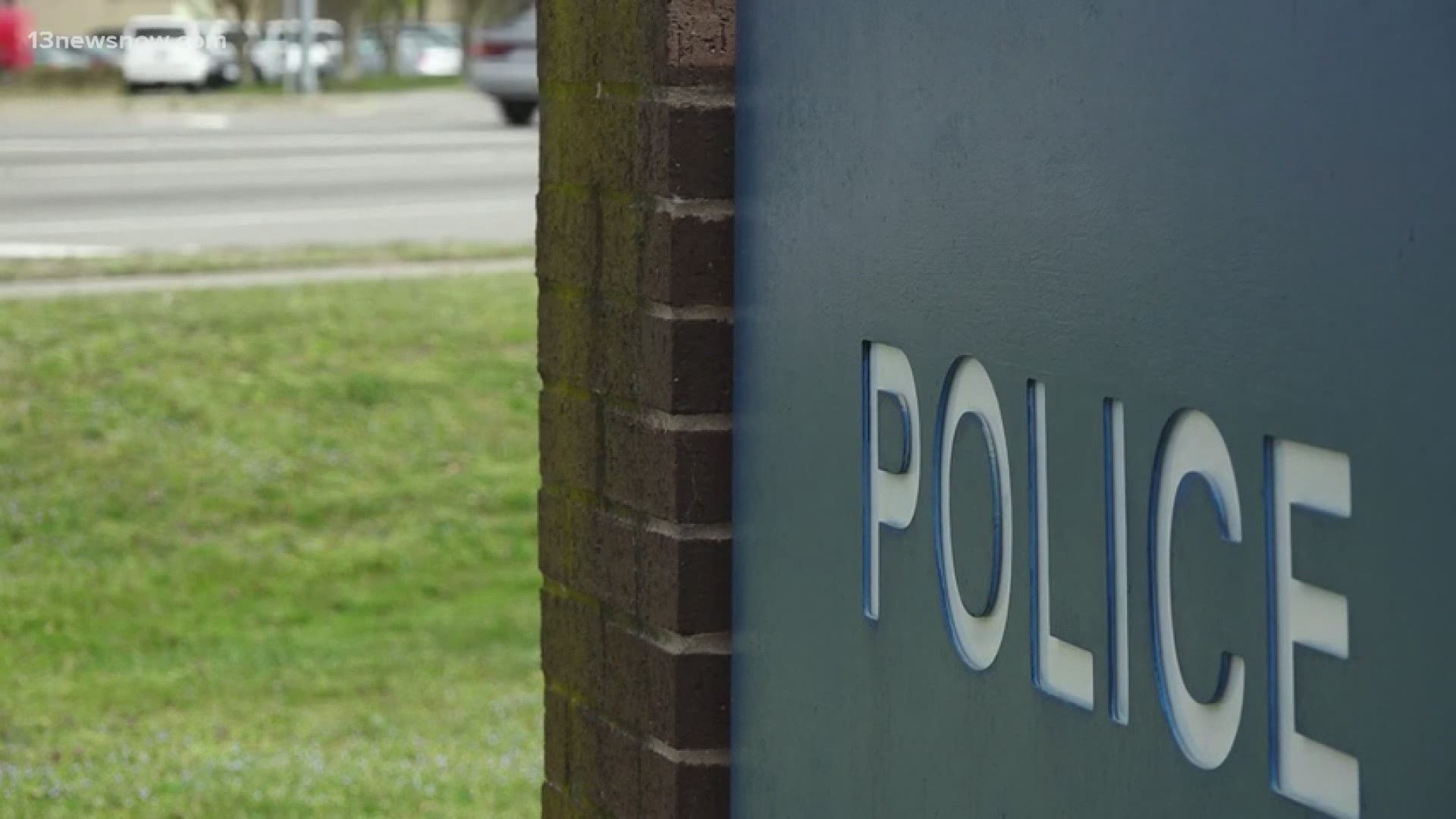NORFOLK, Va. — Data from the National Conference of State Legislatures shows Virginia lawmakers have heard and responded to the continued calls for police reform.
It's been a year since George Floyd's death at the hands of Minneapolis police sparked the first wave of social justice protests across the country. According to the NCSL, Virginia enacted 23 bills regarding police reform policies since May 2020. Some of the bills listed on the NCSL's data portal show duplicates of certain bills, and include some pieces of legislation that are chamber-copies of other pieces of legislation.
The bills break down specific details within the larger police reform conversation, ranging from protocols to infrastructure changes like "no-knock" warrants, a key policy at the heart of the death of Breonna Taylor.
“The former capital of the Confederacy is now the most progressive state in the traditional American South," Dr. Eric Claville, Director of the Center for African American Public Policy at Norfolk State University told 13News Now Wednesday.
Comparatively to border state North Carolina, lawmakers there passed just one police reform-related bill in the same time span.
“For me, the entire package of bills passed stands out. Other states are going in the opposite direction, sometimes even less transparency," Dr. Claville said.
Here's a list of bills in the Commonwealth that address police reform from May 2020:
- SB 1119: Body-Worn Camera Systems
- SB 1256: Law Enforcement Training
- SB 1468: Victims of Qualifying Criminal Activity
- SB 1475: Execution of Search Warrants
- HB 2031: Facial Recognition Technology
- SB 5030: Policing Reform*
- HB 5099: No-Knock Search Warrants*
- SB 5014: Minimum Training Standards for Law Enforcement Officers
- SB 5024: Law Enforcement Misconduct
- HB 5029: Law Enforcement Officer
- SB 5035: Law Enforcement Civilian Review Boards
- SB 5038: Mobile Crisis Co-Response Team Programs
- HB 5043: Marcus-David Peters Act
- HB 5049: Use of Military Property
- HB 5051: Decertification of Law Enforcement Officer
- HB 5055: Department of Criminal Justice Services
- HB 5069: Use of Neck Restraints
- HB 5072: Law Enforcement Misconduct *
- HB 5098: Hate Crime
- HB 5104: Minimum Qualifications for Law Enforcement Officers
- HB 5109: Department of Criminal Justice Services
Dr. Claville says that the one issue that still needs to be addressed is qualified immunity, a policy at the center of the viral Windsor Police traffic stop that adds legal protection for law enforcement officers.
"There has to be a closer look at how broad it is, and the breadth of it.”

